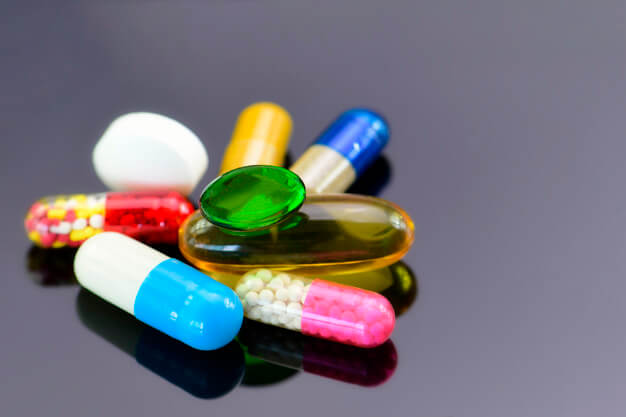The Impact Of Medications On Oral Health: A General Dentist’s Insights
Medications can help manage many health conditions but can also affect oral health. As a general dentist, I see how different drugs impact teeth and gums. Some medications can lead to dry mouth, increasing the risk of tooth decay. Others might cause gum disease Richmond dentists encounter often. Understanding these effects is key to maintaining a healthy smile. Let’s explore how common medications shape our oral health.
Understanding Medication Side Effects
Medications come with side effects that can change oral health. Dry mouth, known as xerostomia, is a common issue. It happens when saliva flow decreases. Saliva protects teeth by washing away food particles and neutralizing acids. Without enough saliva, there’s a higher risk of cavities and gum problems. According to the National Institute of Dental and Craniofacial Research (NIDCR), over 400 medications can cause dry mouth, including antihistamines, antidepressants, and blood pressure drugs.
Medications and Gum Health
Some medications can cause gum overgrowth. This condition, called gingival hyperplasia, makes gums swell and cover teeth. It can lead to discomfort and difficulty cleaning teeth, resulting in plaque buildup. Drugs like anticonvulsants, calcium channel blockers, and immunosuppressants are known to cause this condition. Regular dental check-ups are crucial to managing these changes.
Impact on Taste and Oral Tissue
Medications can change taste perception, leading to a metallic or bitter taste. This shift might affect appetite and nutrition. Additionally, some drugs can irritate oral tissues, causing inflammation or ulcers. Chemotherapy drugs are a common example, as they target rapidly dividing cells, including those in the mouth. It’s important to inform your dentist about any medication changes to adjust care plans accordingly.
Protecting Oral Health While on Medication
Maintaining oral health while taking medications is possible with some simple steps:
- Stay Hydrated: Drinking water can help counter dry mouth.
- Good Oral Hygiene: Brushing and flossing regularly keeps plaque at bay.
- Regular Dental Visits: These allow for early detection and management of changes.
Common Medications and Their Oral Effects
| Medication Type | Common Side Effect |
| Antidepressants | Dry Mouth |
| Antihistamines | Dry Mouth |
| Calcium Channel Blockers | Gum Overgrowth |
| Anticonvulsants | Gum Overgrowth |
| Chemotherapy Drugs | Oral Ulcers |
Conclusion
Being aware of how medications affect oral health can help in taking proactive steps. Discuss any concerns with your dentist, and ensure they are aware of all medications being taken. For further reading, the American Dental Association (ADA) offers valuable resources on managing oral health alongside medication usage. Taking care of your mouth is an essential part of overall health, and understanding the impact of medications is a vital part of that care.




